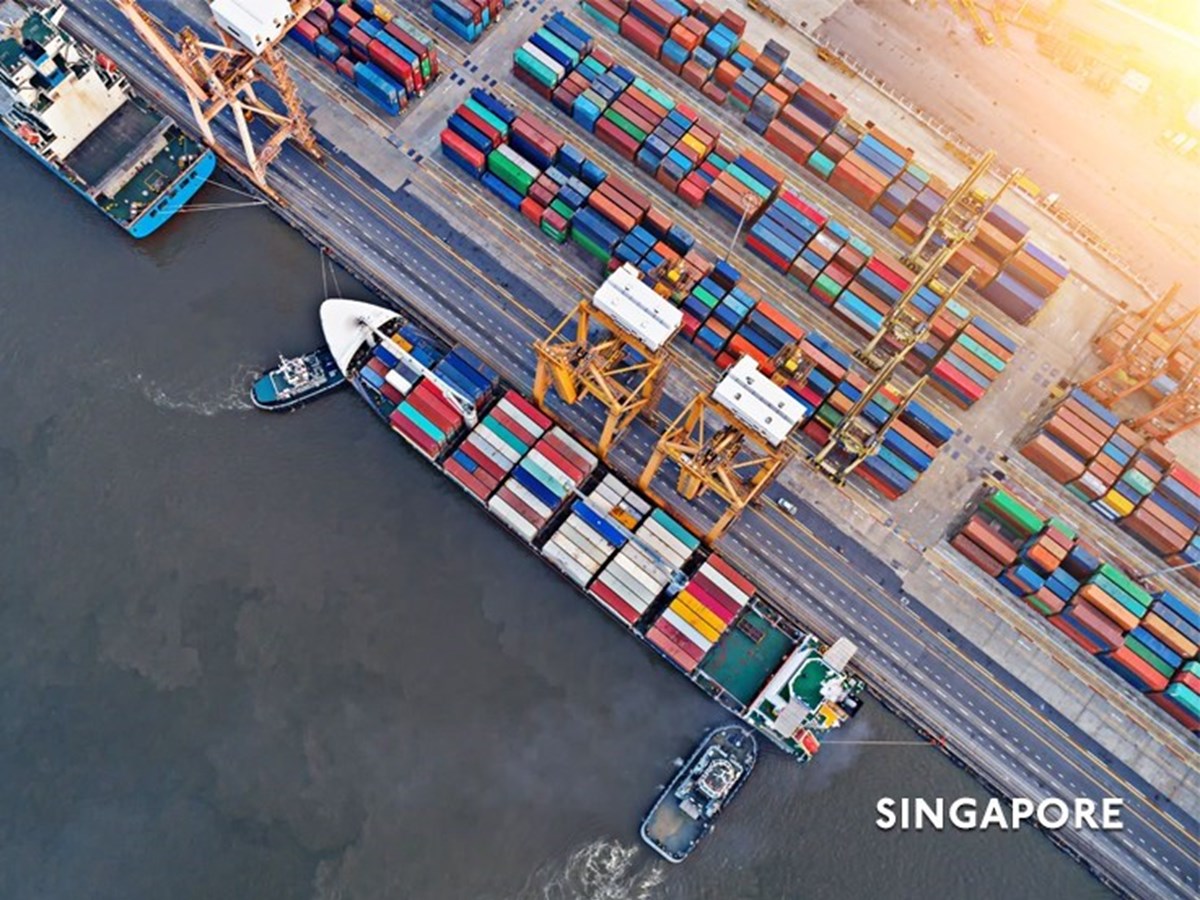
Knowledge Highlights 25 November 2024

Executive summary
On 6 April 2020, Singapore Deputy Prime Minister and Minister for Finance Heng Swee Keat (“Minister”) unveiled a supplementary Solidarity Budget, which is the third Budget presented within two months. The Minister had presented the Unity Budget on 18 February 2020 and the Resilience Budget on 26 March 2020. The Unity, Resilience and Solidarity Budgets build upon and reinforce each other. The primary aim of the Solidarity Budget is to take further measures to safeguard jobs and protect the livelihood of workers during the period of heightened safe distancing measures from 7 April 2020 to 4 May 2020 (both dates inclusive) (“Circuit-Breaker Period”). Broad-based enhanced relief measures were announced to support businesses to save jobs and enable them to preserve their capacity and capabilities so as to be able to resume operations after the Circuit-Breaker Period; most importantly, the relief measures seek to address the cash flow, cost and credit concerns of businesses including:
1. Enhancing Job Support Scheme
To support businesses in staying nimble and provide strong support to directly reduce firms’ wage costs to help them to retain their workers, the Job Support Scheme will be temporarily enhanced for the month of April 2020 such that a wage subsidy will be made available to all businesses of 75% of gross monthly wages for such month on the first S$4,600 wages for each local employee (Singapore Citizens and Permanent Residents only). The first payout under the Job Support Scheme will also be brought forward from May 2020 to April 2020 and businesses will begin receiving such payout from next week, for firms which are on PayNow or have a GIRO account with the Inland Revenue Authority of Singapore. From May 2020, the wage support levels will return to original levels in the Resilience Budget, i.e. 75% wage support for aviation and tourism sectors, 50% for the food services sector and 25% for all other sectors. To allow efficient disbursement of such funds, the additional subsidy will first be computed based on wages received in October 2019 and subsequently adjusted based on wages received in April 2020.
2. Foreign worker levy waiver and rebate
To enable firms to support foreign workers, the Government will temporarily redirect resources back to firms by: (a) waiving monthly foreign worker levies in April 2020 to reduce costs and ease cash flow; and (b) granting a foreign worker levy rebate of S$750 for each Work Permit or S-Pass Holder from levies paid in 2020. Employers will receive such rebates as early as 21 April 2020.
3. Property tax rebates for non-residential properties
A new Bill will be introduced by the Minister for Law on 7 April 2020 to, inter alia, let businesses and individuals defer certain contractual obligations, as well as ensure that property owners pass on the property tax rebates for 2020 previously announced in full to tenants.
4. Rental waivers for tenants in government-owned / managed non-residential facilities
To further support businesses with costs, the rental waiver for industrial, office and agricultural tenants of Government agencies previously announced in the Resilience Budget will be increased from 0.5 month to 1 month.
5. Enhancing financing schemes
The Government’s risk share will be raised from the current 80% to 90% under the Enterprise Financing Scheme - Trade Loan, Enterprise Financing Scheme - SME Working Capital Loan and the Temporary Bridging Loan Programme, for all loans initiated from 8 April 2020 to 31 March 2021.
On 31 March 2020, the Monetary Authority of Singapore (“MAS”) also announced, together with financial institutions, a package of measures to help small and medium enterprises cope with temporary cash flow difficulties, including measures to opt to defer principal payments on their secured term loans and for banks and finance companies to apply for low-cost funding through a new MAS Singapore Dollar facility for new loans granted under the Enterprise Financing Scheme - SME Working Capital Loan and Temporary Bridging Loan Programme, provided that they commit to pass on such savings to the borrowers. For more information on these measures, see our article titled “MAS and financial industry announce measures to support individuals and SMEs affected by Covid-19 pandemic”.
6. Enhancements to Self-Employed Persons Income Relief Scheme (“SIRS”)
More Self-Employed Persons (“SEPs”) will qualify for SIRS, as the qualifying conditions for SIRS will be enhanced to: (a) automatically include SEPS who also earn a small income from employment work; and (b) increase the annual value of property criterion to S$21,000, from S$13,000 previously. Eligible SEPs will receive quarterly cash payouts of S$3,000 each in May, July and October 2020.
7. Solidarity payments granted to adult Singaporeans
All adult Singaporeans 21 years of age and above will receive a one-off solidarity payment of S$600 in cash, which will be credited to their bank accounts by April 2020. Other cash payouts under the Resilience Budget will be brought forward to June 2020, instead of August 2020 (which was previously announced). These include: (a) the remaining cash of S$300 and S$600 for lower and middle-income adult Singaporeans under the enhanced Cash and Support scheme previously announced; (b) cash of S$300 for Singaporean parents with at least one child aged 20 and below as of 2020; and (c) PAssion card top-up for all Singaporeans aged 50 and above as of 2020.
The Solidarity Budget is an unprecedented budget for extraordinary times to deal with a generational crisis with no precedent. The Minister indicated that as the situation remains highly fluid and uncertain, the Government stands ready to provide further support should it become necessary.
Reference materials
The Solidarity Budget is available from the Budget 2020 website www.singaporebudget.gov.sg.
Further information
Allen & Gledhill has a Covid-19 Resource Centre on our website, www.allenandgledhill.com, that contains published knowhow on legal and regulatory aspects of the Covid-19 crisis.
In addition, we have a cross-disciplinary Covid-19 Legal Task Force consisting of Partners across various practice areas to provide rapid assistance. Should you have any queries, please do not hesitate to get in touch with us at covid19taskforce@allenandgledhill.com.